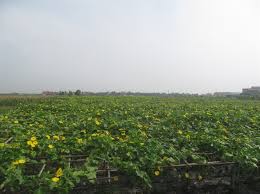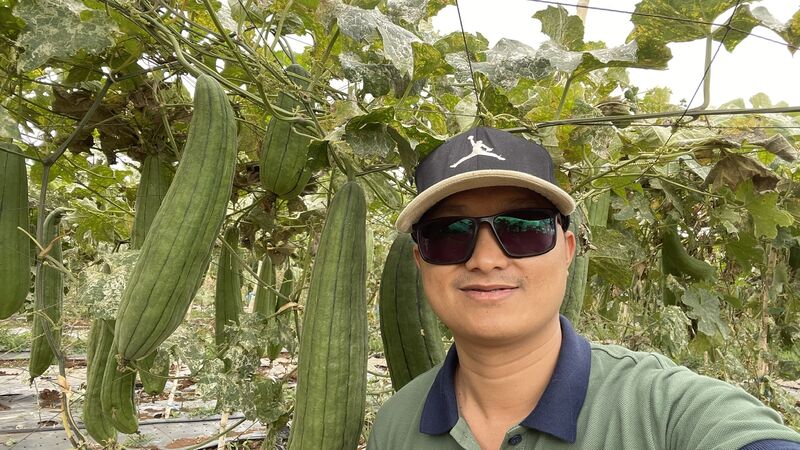The Journey of Loofah in the Central Highlands
Nestled in the lush, rolling hills of Vietnam’s Central Highlands lies a treasure that many may not be familiar with: the loofah. This versatile plant, often associated with natural sponges and skincare, thrives in the unique environment of this region, bringing both economic benefits to local farmers and a touch of natural luxury to households around the world.
Ideal Environment for Cultivation

The Central Highlands, renowned for its fertile soil and favorable climate, provide an ideal environment for growing loofah. This region’s rich volcanic soil and temperate weather create the perfect conditions for the loofah vine to flourish. Local farmers, who have traditionally cultivated crops such as coffee and tea, have embraced loofah farming as a valuable addition to their agricultural portfolio.
Unique Growing Conditions

Loofah, or Luffa cylindrica, is a tropical and subtropical plant that benefits from the Central Highlands’ warm temperatures and abundant rainfall. The area’s well-drained soil prevents waterlogging, which is crucial for preventing root rot and other plant diseases. Additionally, the loofah vine’s ability to climb and spread allows it to take full advantage of the region’s vertical space, making it an efficient crop for farmers with limited land.
Economic and Environmental Benefits
For farmers in the Central Highlands, loofah cultivation represents more than just an additional crop—it’s a sustainable and profitable venture. Loofah sponges, harvested from the mature fruit of the vine, are highly sought after for their natural exfoliating properties and biodegradability. This has created a new market for local farmers, who are now able to diversify their income sources and reduce their dependency on traditional crops.
Moreover, loofah farming promotes environmental sustainability. Unlike synthetic sponges, loofahs are entirely natural and compostable, making them an eco-friendly alternative. The cultivation process itself also supports soil health and reduces the need for chemical fertilizers, as the loofah vine can contribute to nitrogen fixation in the soil.
Embracing a Sustainable Legacy
As more people become aware of the loofah’s benefits and the unique story of its cultivation in the Central Highlands of Vietnam, there is a growing appreciation for this humble plant. Its integration into global markets not only provides economic opportunities for local farmers but also highlights the rich agricultural heritage of this beautiful region.
In short, the loofah is more than just a natural sponge—it’s also a symbol of innovation and sustainability in agriculture in the Central Highlands. By supporting loofah farming, consumers are not only choosing environmentally friendly products, but are also contributing to the welfare of farmers and the preservation of Vietnam’s unique agricultural landscape. So the next time you reach for a gem, remember its journey from the lush green hills of Vietnam to your home and appreciate the hidden gem that is the Central Highlands.
 Tel: (+84) 932 118 447
Tel: (+84) 932 118 447  Email: info@winvnint.com
Email: info@winvnint.com 










